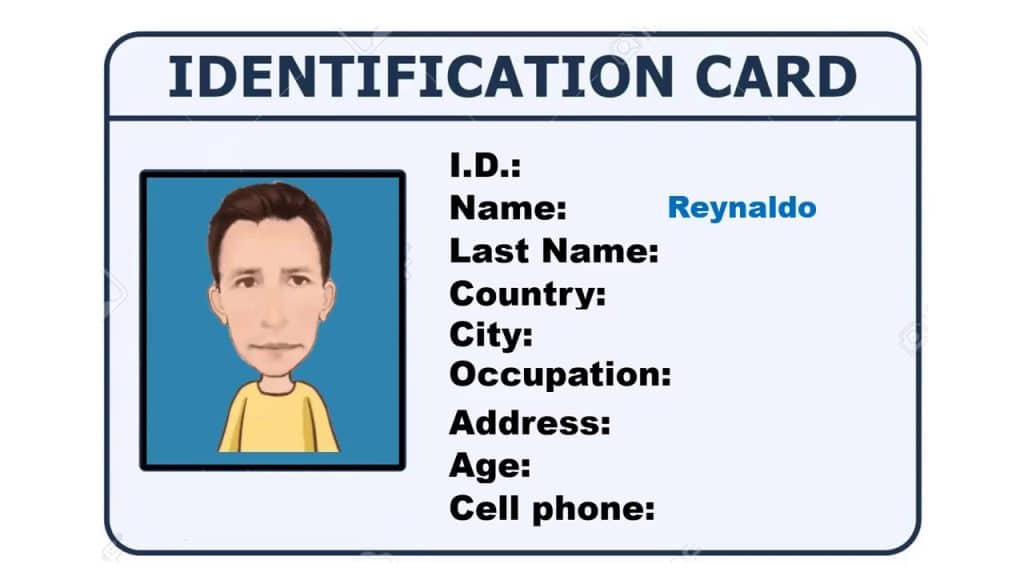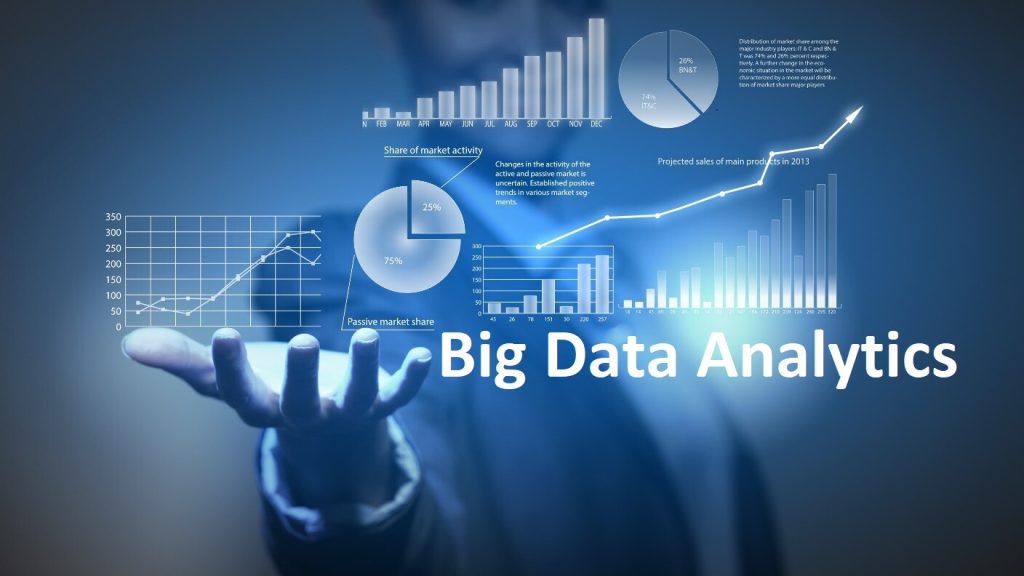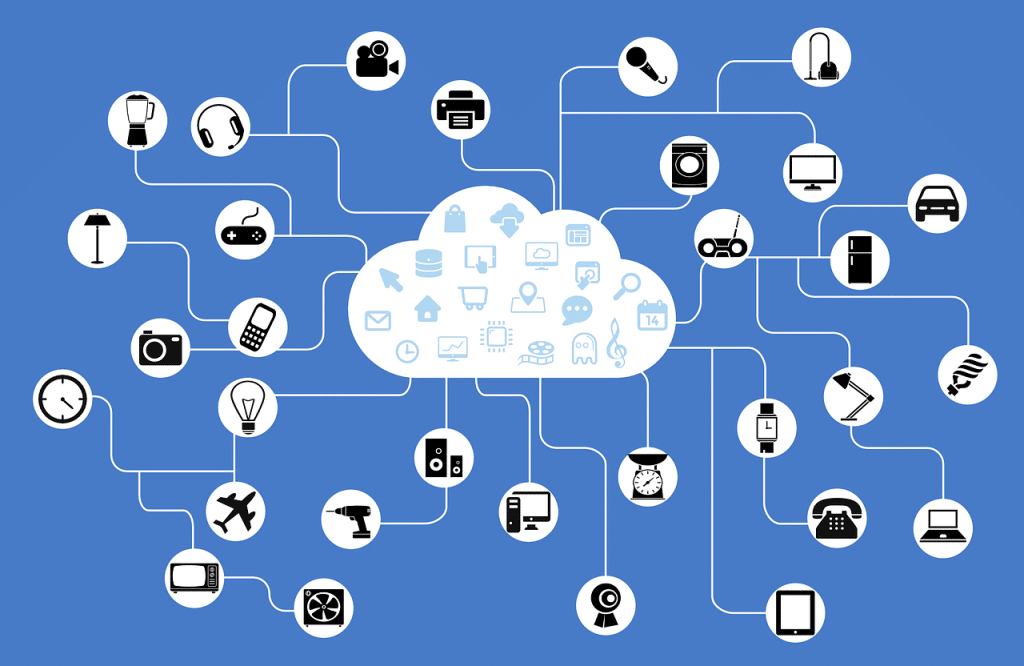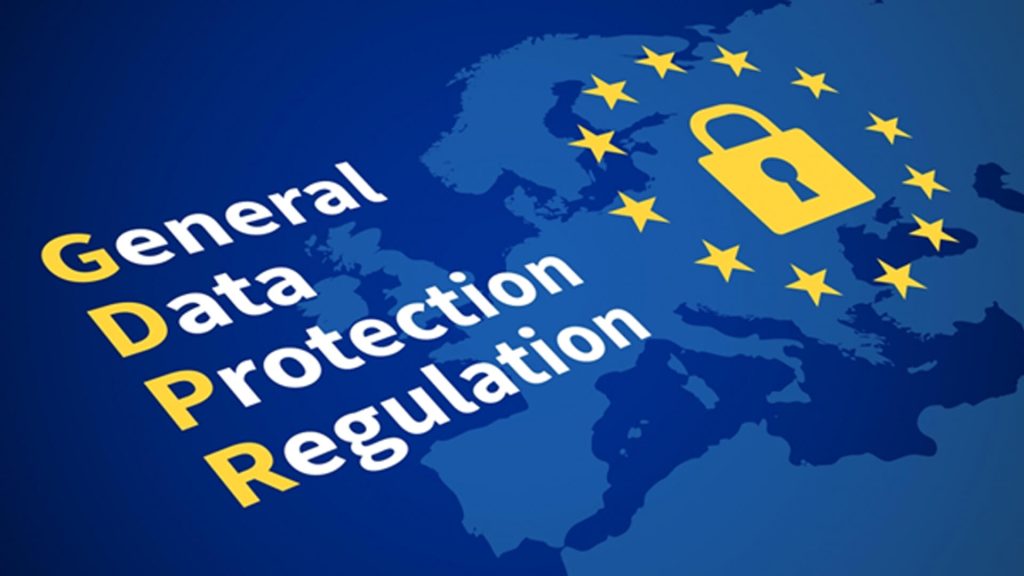In today’s digital era, personal information has become a cornerstone of how we interact with technology. This information, ranging from basic identity details to intricate online behaviors, is continuously harvested, often without our explicit awareness. The exploitation of this data, a practice both widespread and nuanced, raises significant concerns about privacy and consent. This article delves into the multifaceted world of personal information, examining how it is collected, utilized, and often exploited, shedding light on the invisible processes that operate beneath the surface of our daily digital interactions.
Understanding Personal Information

Personal information is an umbrella term that encompasses a wide range of data about an individual. It includes obvious details like name, address, and date of birth, as well as more subtle forms of data such as browsing habits, purchase history, and social media interactions. This information is not static; it evolves and expands with every digital footprint we leave. Understanding what constitutes personal information is crucial, as it forms the foundation upon which its collection and use are built. This section will outline the different types of personal information and discuss how they are generated in our everyday digital engagements.
In our digital age, personal information extends beyond what we consciously share. It includes metadata, like location and device information, and inferred data derived from our online behaviors. This expansion of personal data scope has profound implications for privacy and autonomy. Every online search, every app download, and every digital interaction contribute to an ever-growing repository of personal data. Recognizing the breadth and depth of this data collection is the first step in understanding the broader dynamics of personal data exploitation.
Methods of Data Collection

The collection of personal data is often invisible to the average user, seamlessly integrated into the digital services we use daily. It occurs through various methods, from the explicit, like filling out online forms, to the more covert, like tracking cookies and app permissions. Direct data collection is straightforward; it involves the user knowingly providing information. Indirect collection, however, is less transparent, occurring in the background as users navigate the digital world.
Another prevalent method of data collection is through social media platforms. These platforms are designed to encourage sharing, but they also employ sophisticated algorithms to track user interactions, preferences, and even moods. Understanding these methods is critical for users to grasp the extent to which their data is being harvested. This section will explore the most common data collection methods, offering insights into how seemingly benign activities can become sources of personal data for companies and other entities.
The Role of Big Data and Analytics

Big Data and analytics have revolutionized the way personal information is processed and understood. These technologies allow for the aggregation and analysis of massive datasets, transforming raw data into meaningful patterns and insights. Big Data analytics enables businesses and organizations to identify trends, predict behaviors, and make data-driven decisions. It’s a powerful tool, but its use in handling personal information raises questions about privacy and consent.
Analytics not only provides insights into current behaviors but also predicts future actions. This capability is particularly potent in sectors like marketing, healthcare, and finance, where understanding consumer behavior is crucial. This section will discuss how Big Data and analytics work in the context of personal information, highlighting both their potential benefits and the privacy concerns they raise. The role of these technologies in shaping the digital landscape and influencing user experiences will be a key focus.
Data Brokers and the Sale of Personal Information

Data brokers operate in the shadows of the digital economy, collecting, aggregating, and selling personal information to a variety of clients, including advertisers, businesses, and even governments. These brokers gather data from numerous sources, such as public records, online activities, and purchase histories, creating detailed profiles of individuals. The depth and breadth of information collected by data brokers are often extensive, including not just basic demographics but also insights into personal preferences, habits, and behaviors. This practice has become a lucrative business, raising concerns about privacy and the lack of transparency in how personal data is traded.
The ethical and legal implications of data brokerage are complex and contentious. In many regions, the sale and purchase of personal data occur in a legal grey area, with insufficient regulations to protect consumer privacy. Consumers are often unaware that their data is being collected and sold, and they have little control over what happens to it once it’s in the hands of data brokers. This section will delve into the mechanics of data brokerage, the types of data traded, and the legal and ethical questions that this practice poses.
Personal Information in Advertising

The use of personal information in advertising has become increasingly sophisticated, with companies leveraging detailed consumer profiles to target ads with unprecedented precision. This targeted advertising is based on a thorough analysis of personal data, enabling advertisers to tailor their messages to specific audiences based on their interests, behaviors, and demographics. While effective for businesses, this practice raises significant privacy concerns, as individuals are often unaware of the extent to which their data is used for advertising purposes.
The ethical debate surrounding targeted advertising is multifaceted. On one hand, it allows for more relevant and potentially useful ads for consumers. On the other, it represents a significant intrusion into personal privacy, often crossing the line into manipulation and exploitation. This section will explore case studies of advertising campaigns that have used personal data, discussing both their effectiveness and the ethical concerns they raise. The impact of targeted advertising on consumer behavior and its implications for privacy will be a central theme.
Privacy Risks and Data Breaches

The collection and storage of vast amounts of personal information carry inherent risks, notably the potential for data breaches. These breaches can lead to sensitive personal data being exposed, with consequences ranging from identity theft to financial fraud. High-profile data breaches have raised public awareness of these risks, highlighting the vulnerabilities in how personal data is stored and managed. The impact of these breaches is far-reaching, affecting not just the individuals whose data is compromised but also eroding trust in digital services.
Data breaches also underscore the importance of robust security measures and responsible data management practices. Despite advances in cybersecurity, the threat of breaches remains a significant concern, partly due to the ever-increasing volume and value of personal data stored online. This section will discuss notable data breaches, their impact on privacy, and the lessons learned in terms of data security. It will also explore the measures individuals can take to protect their personal information and the challenges they face in doing so.
Legal Framework and Consumer Rights

The legal landscape governing personal data is a patchwork of regulations that vary significantly across different jurisdictions. Laws like the General Data Protection Regulation (GDPR) in the European Union and the California Consumer Privacy Act (CCPA) in the United States have set benchmarks for data protection and user rights. These regulations provide a framework for the collection, use, and sharing of personal data, offering individuals certain controls over their information. Key aspects include the right to access personal data, the right to request deletion, and the right to opt-out of data selling.
However, these laws are not without their challenges and limitations. Enforcement can be difficult, especially when dealing with global data flows and companies operating across multiple jurisdictions. Additionally, many countries still lack comprehensive data protection laws, leaving significant gaps in global data privacy standards. This section will examine the existing legal frameworks for data protection, focusing on the rights they provide to consumers and the challenges in enforcing these laws. The discussion will also include the need for international collaboration in creating cohesive and effective data privacy standards.
The Future of Personal Information Management

As we move forward, the management of personal information is poised to undergo significant changes driven by technological advancements and evolving privacy concerns. Innovations like blockchain and AI-driven privacy tools offer new ways to secure and manage personal data, potentially giving individuals more control over their information. These technologies promise enhanced security and transparency, potentially reshaping the data privacy landscape.
However, they also introduce new complexities and challenges that need to be addressed.
The future of personal information management is not just about technological solutions; it’s also about fostering greater awareness and proactive measures among individuals. As data collection becomes more pervasive, it’s crucial for individuals to understand their rights and the tools available to them for managing their personal data. This section will explore emerging trends in data privacy and security, the potential impact of these developments, and the role of individual action in safeguarding personal information in an increasingly digital world.
A Call to Awareness and Action
The balance between benefiting from technological advancements and protecting our privacy rights is delicate and requires ongoing vigilance. As we move forward, it is imperative for individuals to be informed and proactive about their data rights and protections. The collective effort towards greater transparency, stringent data protection laws, and personal responsibility will be crucial in securing our digital footprint in an ever-evolving digital landscape.


